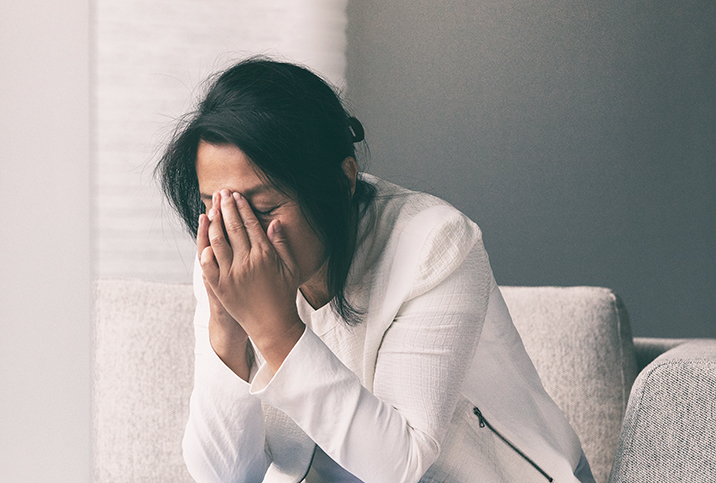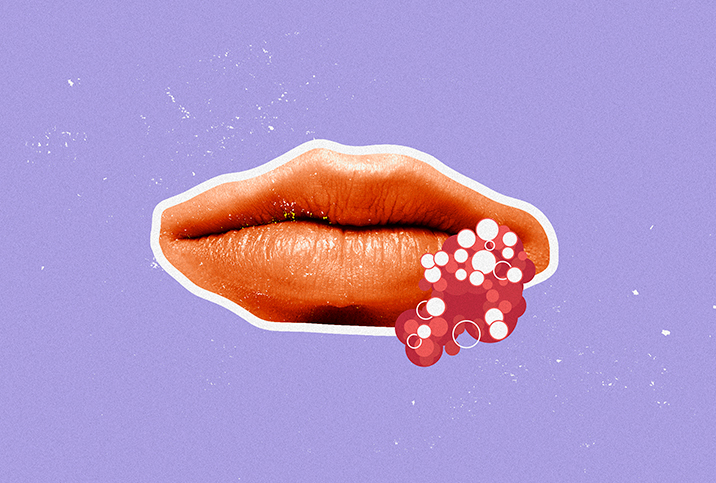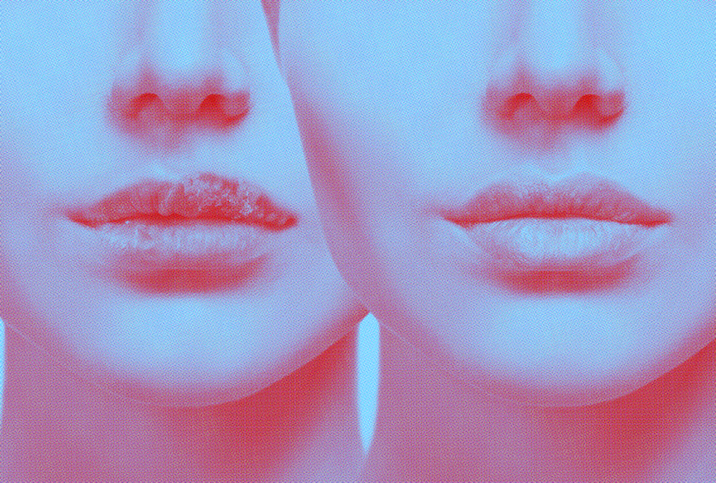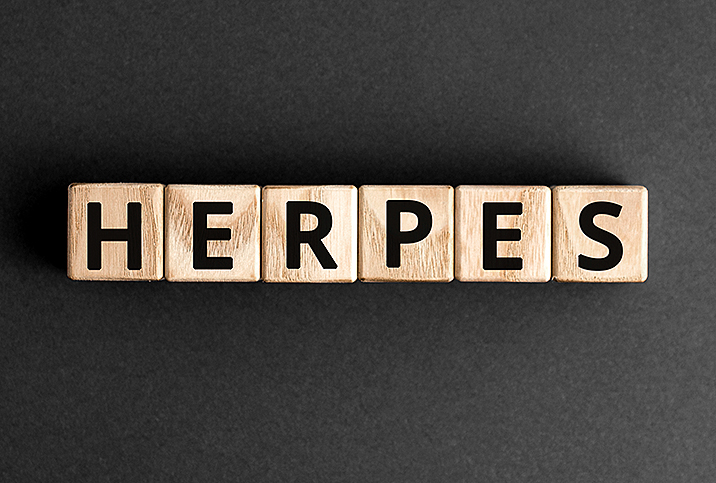Triggers for Herpes Outbreaks & How to Avoid Them

Oral herpes, or HSV-1, affects 3.7 billion people—that is nearly half the global population—including two-thirds of people under the age of 50. Genital herpes, HSV-2, afflicts about 11 percent of the global populace.
With so many people affected by herpes, we have a massive sample population for scientists to study and find out how the virus works in humans. That means there's a great deal of research available to help people cope with herpes outbreaks and learn how to avoid the triggers that set them off.
Common herpes triggers
Everyone's herpes triggers are different, but some elements are more likely to cause outbreaks than others.
Sickness
The colloquial name for HSV-1 is "cold sore" or "fever blister," and for a good reason: Outbreaks of oral herpes tend to manifest when you get sick. While your immune system is engaged in fighting a new invader, it just doesn't have the resources to keep herpes at bay.
Given that information, one great way to fight oral herpes outbreaks is to take care of yourself and keep your immune system functioning at optimal levels. Eat healthier food, get the sleep you need, exercise regularly and avoid overindulging in alcohol. Those lifestyle choices may reduce your chance of experiencing an outbreak.
Sunlight
Sunshine and its accompanying ultraviolet (UV) rays can suppress the immune system and allow HSV-1 outbreaks to occur.
One 2004 study from Kobe University showed that 10.4 percent of people infected with HSV-1 reported an outbreak after being exposed to the sun. The rate doubled during the summer months.
You can avoid UV exposure and potential outbreaks by using plenty of sunscreen, sticking to the shade when possible and wearing wide-brim hats. One small study compared the application of sunscreen to the application of a placebo on participants' lips; it demonstrated that 71 percent of the placebo group experienced an outbreak. Don't rely on lip balms with no SPF to protect you from outbreaks.
Foods
While there's no direct evidence that specific foods cause outbreaks, some studies indicate that the amino acid arginine may promote the growth of viruses, including herpes, in the body. When you do experience an outbreak, think about any patterns or types of food you may have consumed and see if you notice any personal correlations. Some foods that are high in arginine include:
-
Pork loin
-
Peanuts
-
Turkey and chicken breast
-
Pumpkin seeds
-
Garbanzo beans
-
Dairy products
-
Lentils
Another amino acid, called lysine, is believed to hinder arginine's ability to promote virus growth. Foods that are abundant in lysine (but not arginine) include:
-
Fruit, especially apples, apricots and pears
-
Fish
-
Poultry, apart from turkey breast and chicken breast
After a discussion with your doctor about your diet and whether these foods may be contributing to an outbreak, request a referral to a dietitian who can help you plan healthy and balanced dietary changes that take into account your other issues/dietary requirements.
Sex
If the friction during sex becomes irritating, it can trigger a herpes outbreak. While this doesn't remove sex from your activity list forever, you should be aware of early signs of an impending outbreak, like tingling or sensitivity.
To help minimize the chances of sex causing an outbreak, consider using a water-based lubricant to reduce potential irritation. If you're having penetrative vaginal sex, you might want to avoid lube that contains spermicide nonoxynol-9, as it may irritate the vaginal walls.
Stress
Stress is widely acknowledged to trigger herpes outbreaks. Long-term stress may be even worse, according to studies. Research indicates that even the everyday stress of living under difficult socioeconomic conditions is enough to reduce cellular immunity, inviting more frequent and more severe herpes outbreaks.
While you may not be in a position to alter your socioeconomic status, you can do a lot to help reduce daily stress and your risk of a herpes outbreak:
-
Exercise
-
Cut caffeine intake
-
Try yoga
-
Get enough sleep
-
Spend more time with friends and family
-
Practice deep breathing
Herpes isn't curable, but outbreaks are avoidable
Herpes is for life but doesn't necessitate a life sentence. Taking these proactive steps could reduce your chances of having an outbreak and benefit your quality of life by improving your mental and physical health.


















